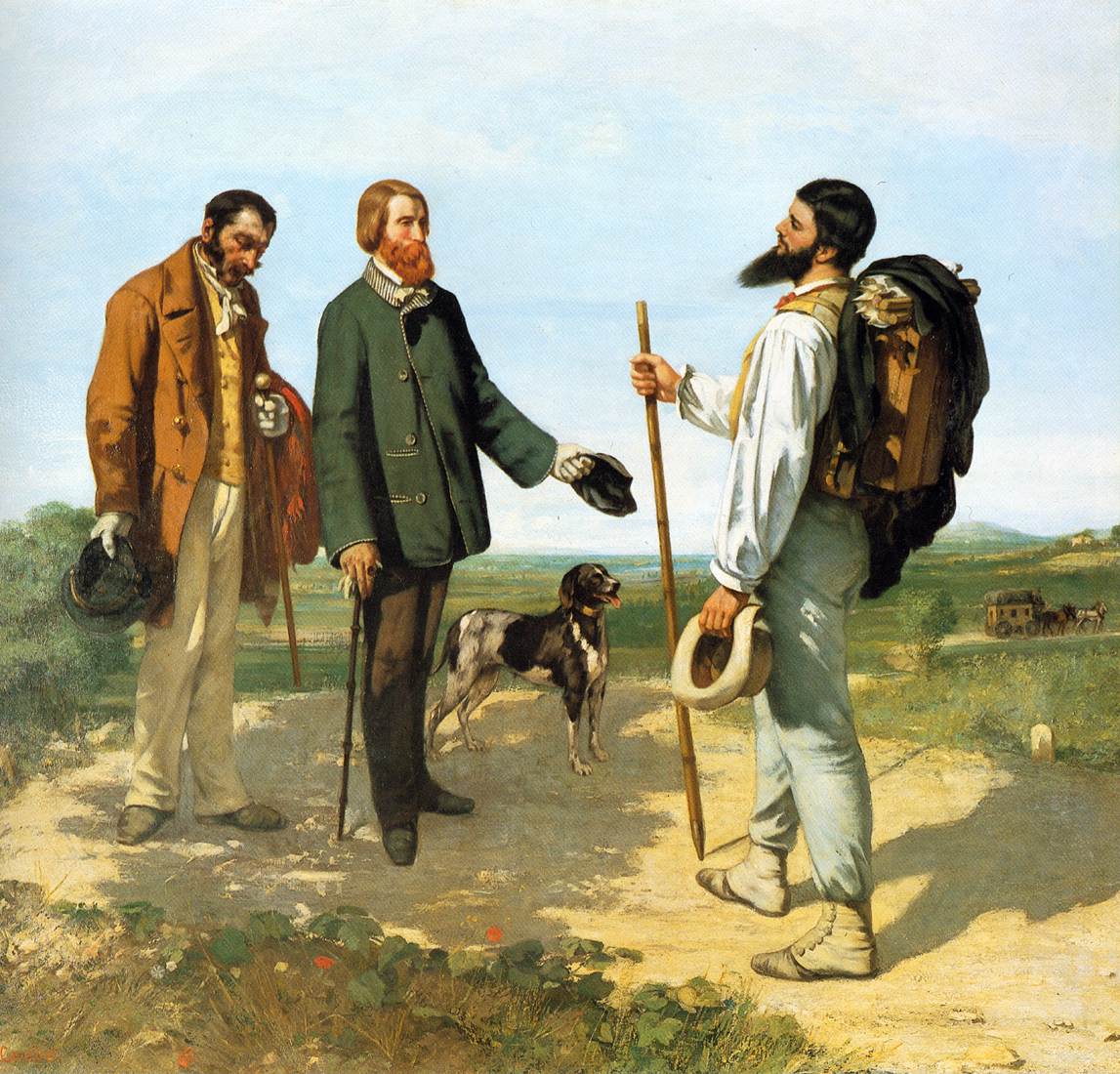Fragmented Conversations: How Online Platforms Reshaped Public Discourse
By Jason Chua | Once the internet felt like a frontier—hand-built pages, strange forums, late-night conversations. Now we speak publicly but not in public. Platforms reward emotion over reason. The task ahead is simple, and radical: rebuild spaces where dialogue can still breathe.

By our guest author
Jason Chua
Part of the Crosscurrents | Guest Reflections series at Concordia Discors Magazine — Think Beyond Tribes · Liberty • Conscience • Pluralism ·
I still remember the first time I logged onto the internet as a teenager — back when cyberspace felt less like a marketplace and more like a frontier. William Gibson’s vision of cyberspace seemed suddenly tangible. The web wasn’t yet a set of curated feeds; it was strange forums, hand-built pages, and late-night conversations with strangers who felt like fellow explorers. There was a sense of discovery — entering a shared world where curiosity shaped the path.
But the internet we inhabit today is not the one we imagined. Instead of wandering through networks, we move through platforms — curated timelines and recommended threads designed to guide what we see and how we respond. We still speak publicly, but not in public.
It often shows itself late at night. You scroll through a debate online — about war, elections, identity — and realize everyone seems to be speaking into different worlds. Replies pile up, yet no one is really responding. It isn’t conversation so much as overlapping monologues.
In The Structural Transformation of the Public Sphere (1962), Jürgen Habermas argued, “The bourgeois public sphere may be conceived above all as the sphere of private people come together as a public”. He described how democracy once depended on shared spaces of reasoning — the coffeehouse, the newspaper, the lecture hall. These were infrastructures that assumed audiences could listen, respond, and recognize one another as part of the same public.
Today, that horizon has splintered. Our conversations unfold across timelines and comment sections designed less for deliberation than for engagement. We still speak publicly, but not in public. The result is something paradoxical: a world of infinite expression and almost no dialogue.
Philosopher Byung-Chul Han captures one side of this transformation. In The Burnout Society (2015) and The Transparency Society (2012), he describes how digital life pushes us toward constant exposure and self-optimization — a visibility that isolates rather than connects. Han suggests that the modern “achievement subject” has become both master and slave, locked in a process of self-exploitation. Online, we are both performer and product, curating ourselves for algorithms that reward attention, not reflection. The result isn’t simply noise; it’s exhaustion. The drive to express, to document, to stay present in the feed creates a paradoxical situation: The More we Communicate, the Less We Feel Connected.
And yet, Han’s critique captures only one face of this new world. Platforms have also amplified voices that were once excluded from traditional media. Movements like #MeToo and Black Lives Matter didn’t grow out of editorial boards or party committees but through the connective tissue of networks. For many, these were the first genuinely participatory public spaces. The internet did open the door to new forms of collective voice.
This matters. We cannot romanticize the past. The old public sphere had gatekeepers.
But the question is: What have we built in their place?
Liberation through connectivity comes with its own costs.
Political theorist Jodi Dean, in Blog Theory (2010), develops the idea of communicative capitalism, describing how digital participation itself becomes a form of labor. She argues that the desire to share, post, and connect is harnessed by capitalism — our expressions generating data, attention, and profit. In her view, expression becomes endless, but understanding grows scarce.
Shoshana Zuboff’s The Age of Surveillance Capitalism (2019) deepens this point. “Experience,” she writes, “is free raw material for translation into behavioral data.” Our expressions are mined, modeled, and monetized — not for dialogue, but for prediction and profit. What once resembled a public square now functions more like a behavioral marketplace, optimized for engagement rather than truth. In such an environment, it is not reasoned argument but emotional virality that thrives.
Let us be clear: outrage isn’t just common online — it’s incentivized.
In such an environment, truth is not what persuades; truth is what spreads. The public sphere begins to resemble not a forum, but a marketplace of emotional reaction.
To acknowledge these dynamics is not to romanticize the past. Every communication revolution — from the printing press to television — has redefined what counts as public reason. As Marshall McLuhan famously observed, “the medium is the message”: each new medium reshapes how societies think. The internet, too, is still finding its form. But if Habermas’s vision of the public sphere depended on shared spaces of reason, our task today is to rebuild such spaces under radically different conditions.
Perhaps the future of discourse lies not in abandoning the network, but in reimagining its architecture. Experiments in decentralized moderation, community-owned servers, and slower social media platforms like Mastodon or Bluesky suggest what a more deliberative digital ecology might look like. These spaces are slower. They require trust. They make speech accountable to known others, not anonymous crowds or invisible algorithms. They are not perfect. But they restore something crucial:
A sense of presence.
You speak to someone who can speak back.
This is where rebuilding begins — not with a grand blueprint, but with the re-cultivation of shared spaces where dialogue can breathe.
These are imperfect beginnings, but they hint at an important truth: democracy depends not only on speech, but on the infrastructures that allow speech to meet.
We are still living in the transition — between one public sphere and whatever comes next. For now, we inhabit fragmented conversations: a chorus of voices, each shaped by the architectures that carry them. But if democracy depends on the ability to listen across difference, then the future of public life may rest on something deceptively simple:
Not speaking more, but learning again how to share the space in which speaking can matter. [JC]



